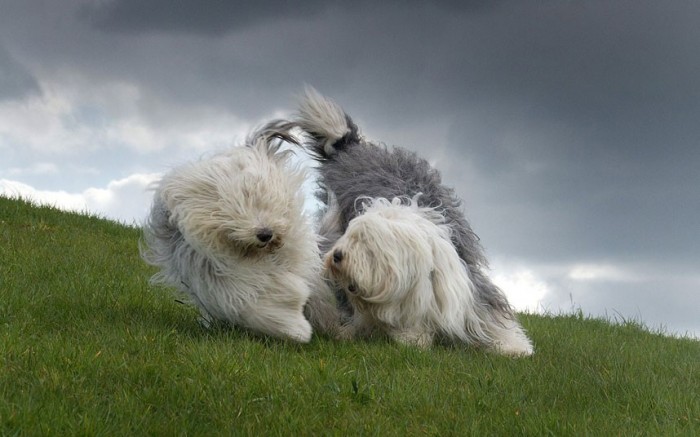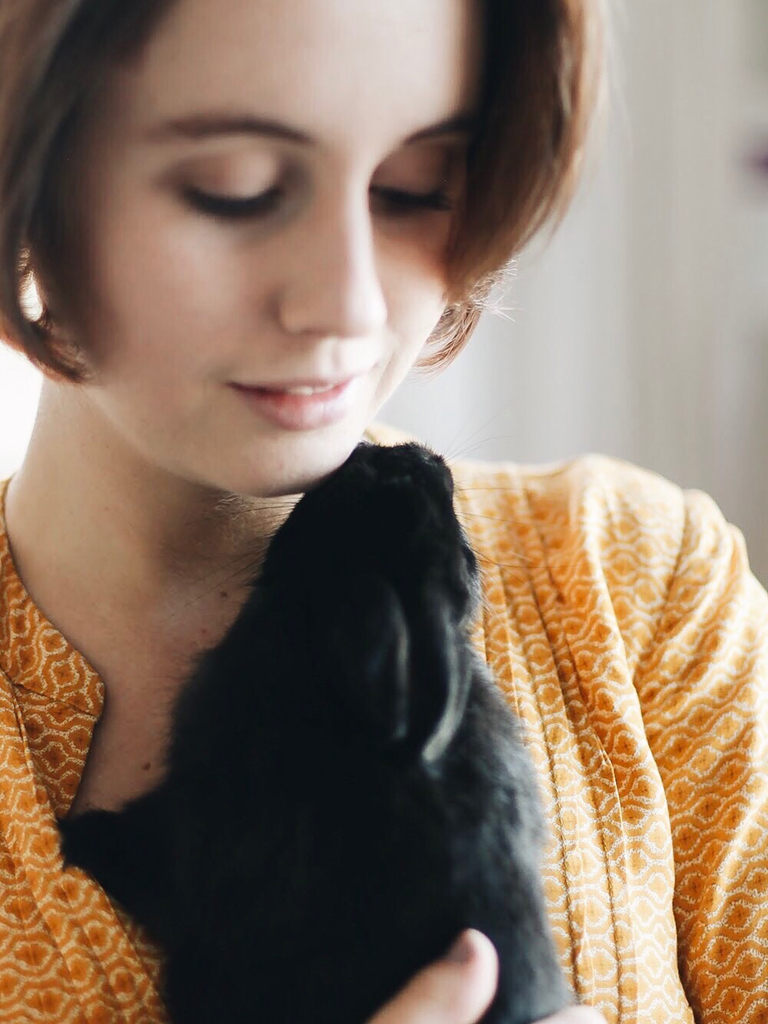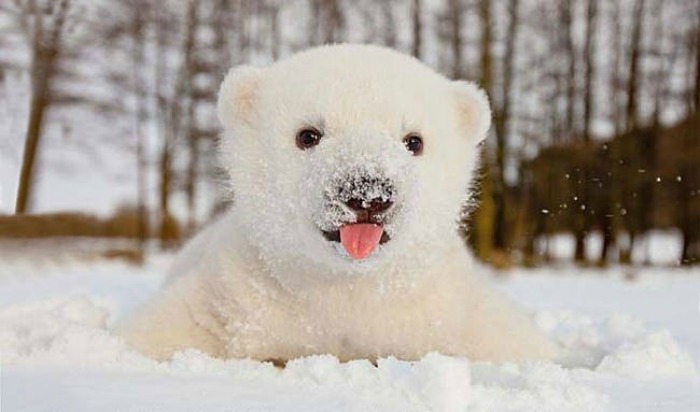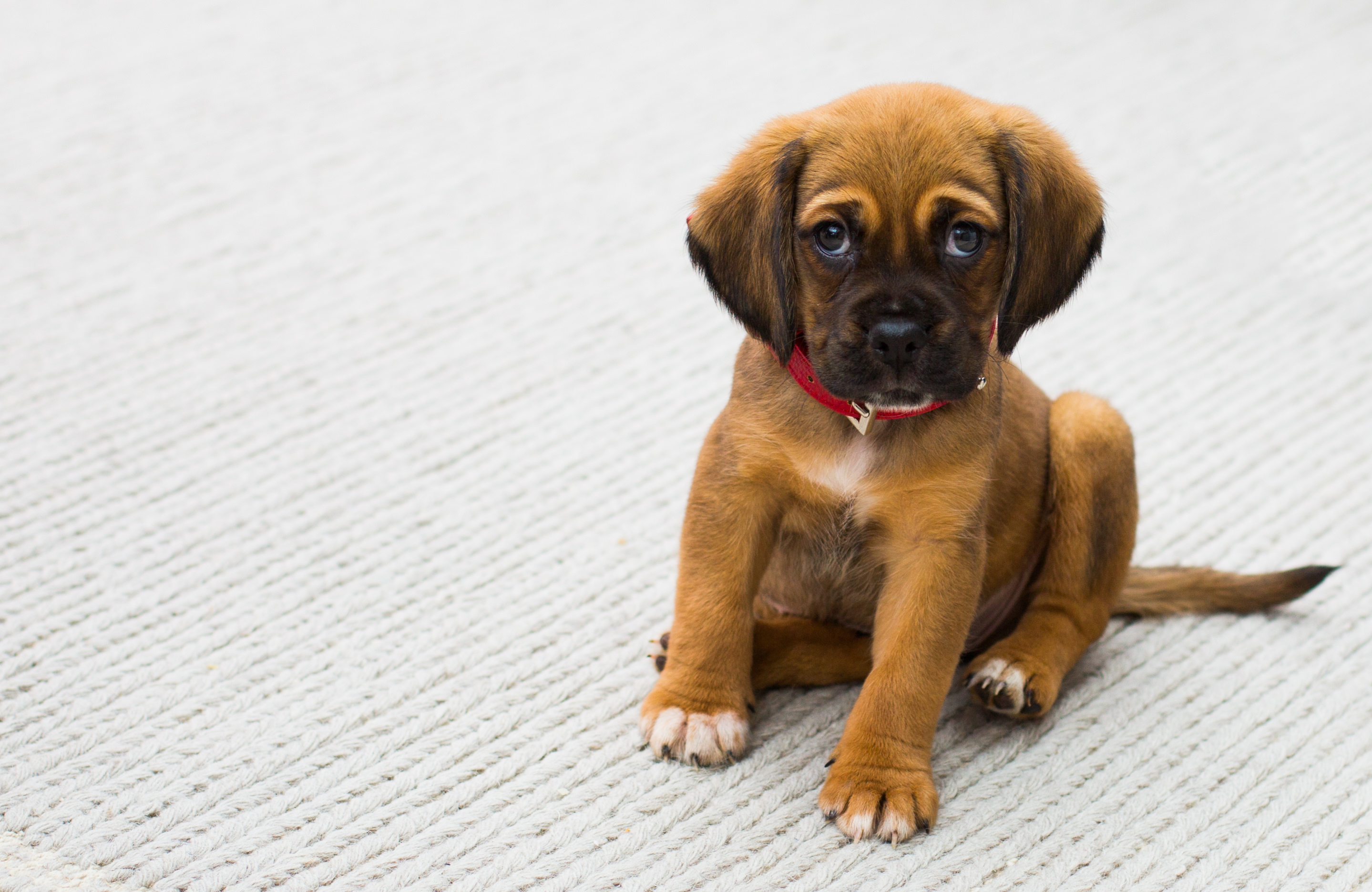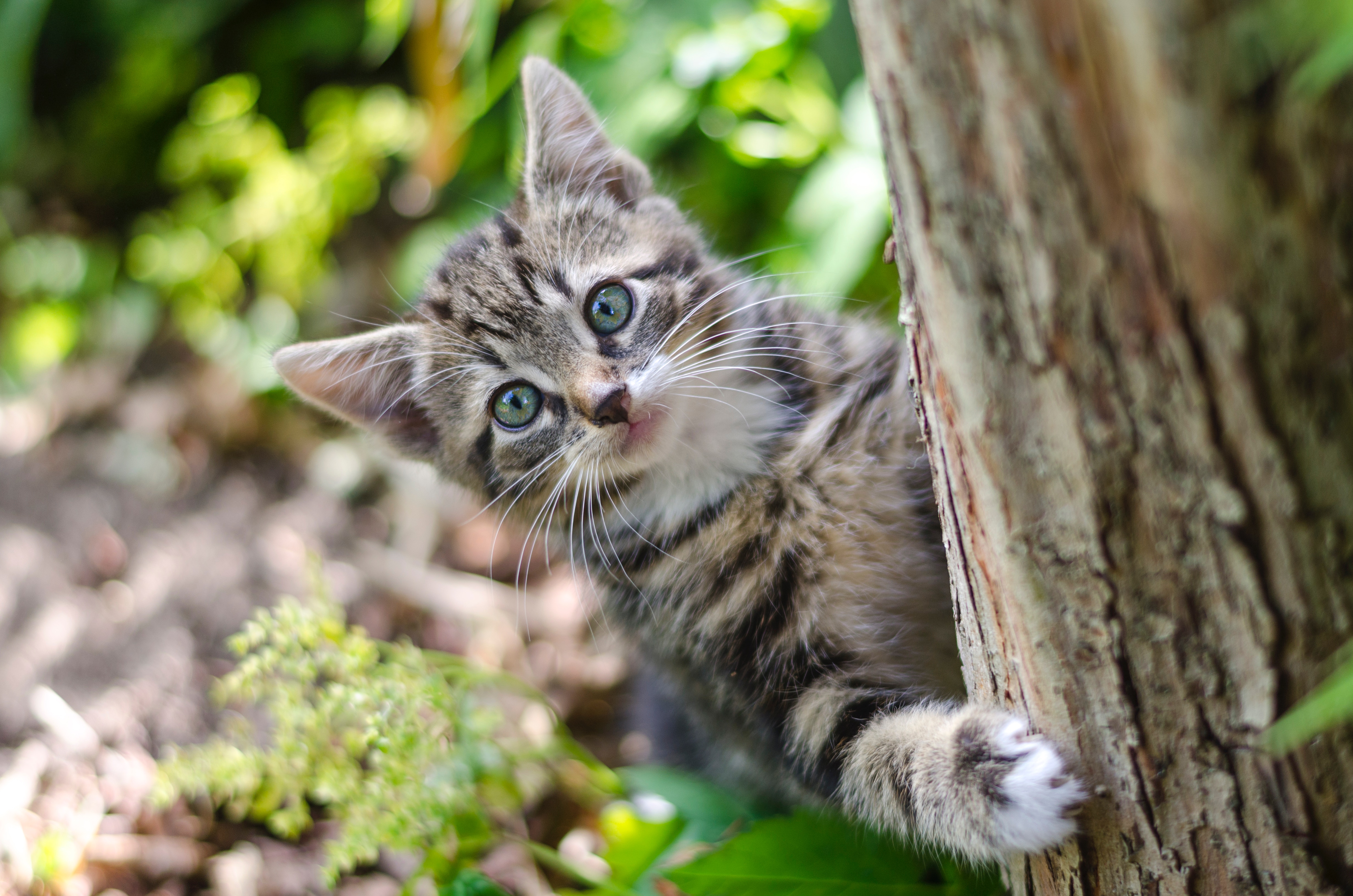Pets are emotional creatures who react to losses and changes just like humans and yes, they grieve. If their friend suddenly doesn’t come home, pets can become confused and even depressed. A pet that loses a companion may suddenly stop eating as they grieve the loss. They may look around constantly for their buddy and even try to wander away from home. This is true whether their companion is a human or another animal.
Recently in the news, a dog went his former owner’s funeral after his behavior made his new care giver realize he needed the same closure as a human does when losing someone close to them. How can we help our furry friends when they lose someone important to them? Here are eight ways to help your pet through the grieving process.
1. Don’t reinforce negative behavior
A pet who whines and cries at the door, for example, shouldn’t be comforted, even though that is our first instinct. To the pet, they are being rewarded for that behavior. Allow them to have their cry, but don’t encourage it to continue. Comfort the pet at other times such as when they are quiet.
2. Pay attention to routine
Give your pet more attention than usual and make sure they get their regular walks or play time. Don’t project your own grief on your pet; they may have a delayed reaction or no reaction to losing their friend. Every pet is different. Keep to regular feeding and exercise routines at the same time each day.
3. Look for altered pecking order
If you have more than one pet, they may change their relationship to see who is now dominant after an owner or another pet dies. Watch for eating aggression or who gets the “best” spot on the window seat or sofa. There may be an increase in barking or less play and more tussling. While normal, it is best not to reinforce negative behavior.
4. Watch for separation anxiety
If your pet is home alone for the first time, they may become anxious. Try a new toy or more walks in the middle of the day to reassure your pet and keep them busy. Remember that every pet is different; treat hiding toys or white noise may work for some pets and not for others. Experiment with ways to soothe and occupy your pet and reward them for good behavior.
5. Keep an eye on health
Humans react to grief with physical symptoms on occasion and so do some pets. Your pet may be more tired or less hungry than usual or may not want to play. Follow your instinct in knowing your pet with these behaviors. If they continue or prove harmful to your pet, see your vet for care and advice.
6. Don’t smother
You may become over protective after losing a loved one yourself, whether pet or human. Don’t hold your surviving pet too close and over protect them. Allow your pet the same freedom as they used to enjoy at the dog park and in the back yard.
7. Don’t ignore
In the opposite direction, don’t lose your bond with your surviving pet in fear of losing them too. If you find yourself keeping your distance from your remaining pet or pets, ask a family member or friend to help. If a grieving pet isn’t getting love from you, they may act out with bad behavior.
8. Allow some time
Don’t assume that adding to your pet family right away will replace the lost pet or owner in your surviving pet’s eyes and heart. Give your pet and yourself time to deal with grief in your own ways.
Overall, keep the surroundings and routine familiar and safe to your surviving pet. Give them space to grieve naturally and to change the social order in the house after loss. Don’t reward bad behavior or assume that your pet is grieving at all. Use your instincts and bond with your pet to determine if they need professional care after a loss.


